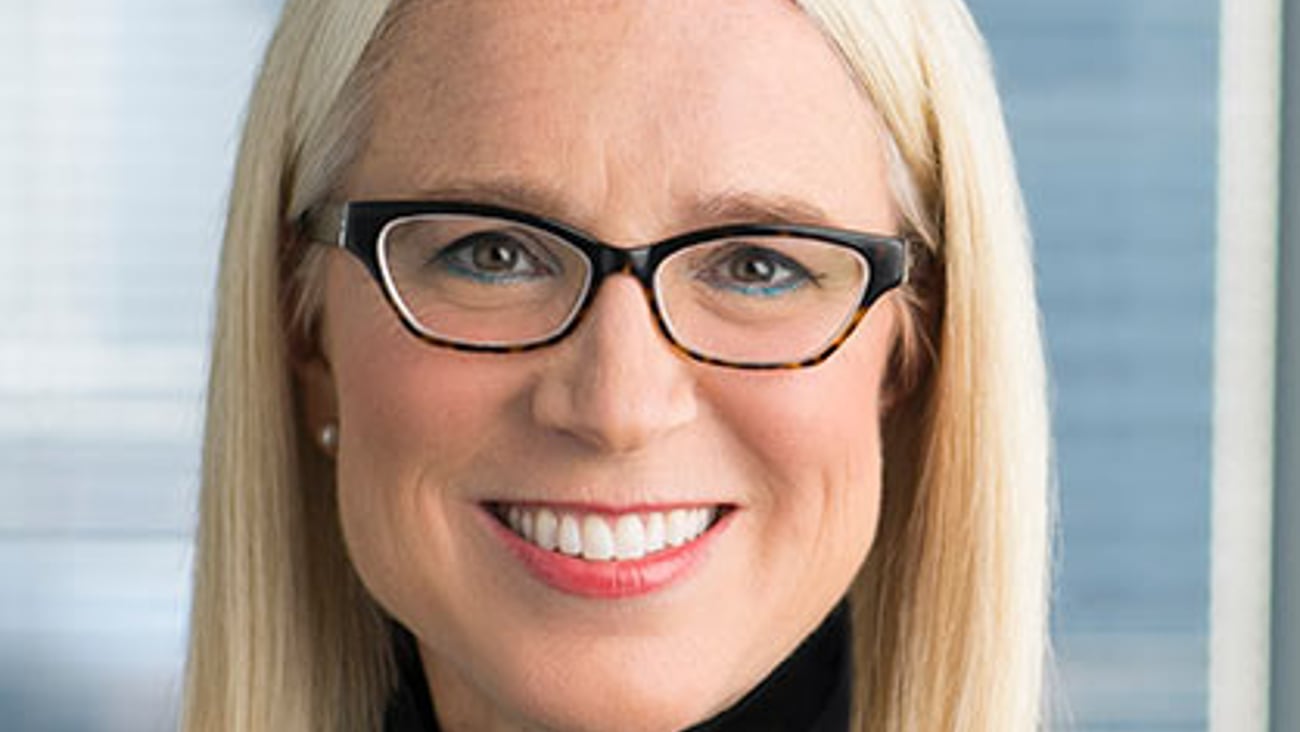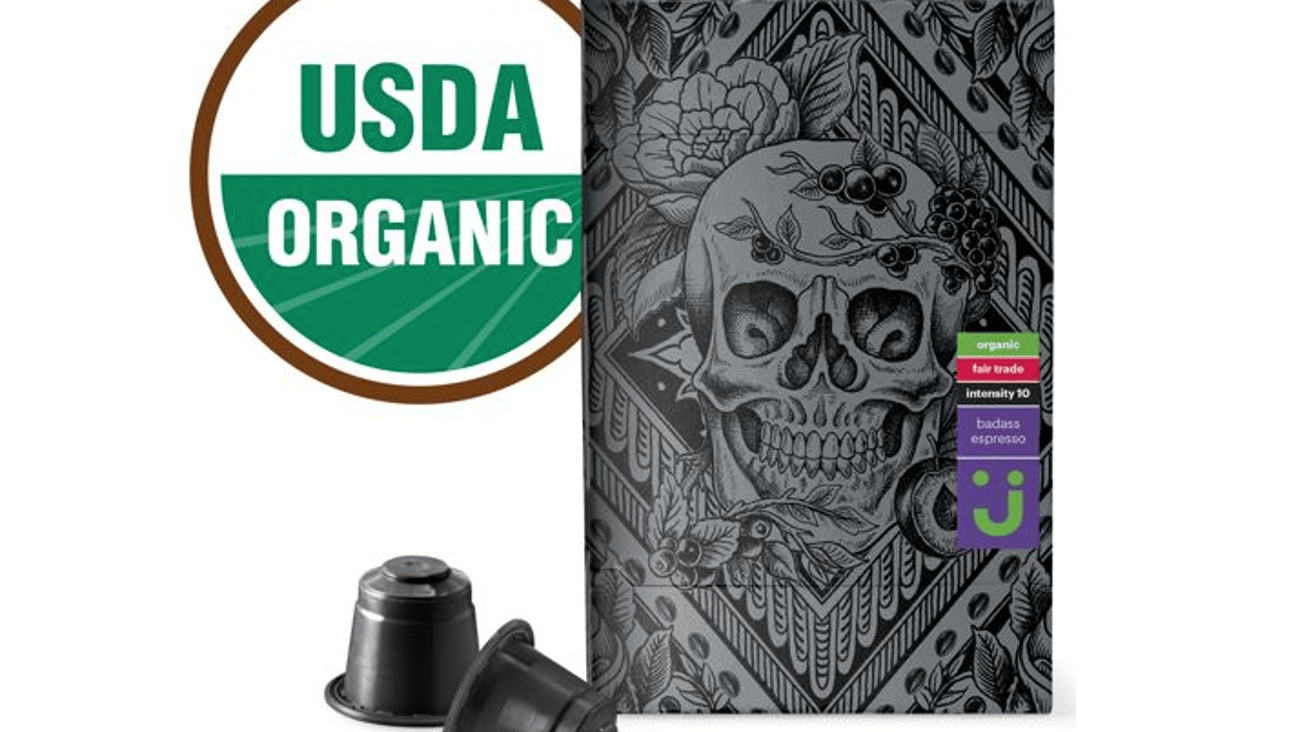Why some retailers are taking the 'store' out of store brands ... and why some aren't
Top retailers are taking the “store” out of store brands — at least when it comes to the name.
On one hand, this phenomenon is not exactly new: The Canadian pharmacy and food leader Loblaw first put President’s Choice on the shelf in 1984 without using “Loblaw.” Craftsman and Kenmore grew into massively valuable assets without ever containing the word “Sears.”
The naming rationale for supermarkets and certain other operators back then often was about operational efficiency. When you have multiple banners, it makes no sense to try to create store brands for each and every one. Consider the challenge this would pose for Loblaw with its 22 different supermarket and pharmacy nameplates.
Operationally, leaving the store name out of the equation — as with President’s Choice, Simple Truth (The Kroger Co.) or O Organics (Albertsons Cos.) — allows you to leverage existing economies of scale. You can sell the same brand in all of your locations, regardless of what those stores happen to be called.
And that, in turn, gives you a greater degree of freedom. In Loblaw’s case, marketing and product genius Dave Nichol used this blank canvas to innovate on product development and turn President’s Choice into a powerful brand.
Today, operational concerns are a consideration, but not driving the decision-making process. Some retailers are de-emphasizing the store because they just want to create brands — independent entities that command attention on their own terms — and then leverage these brands to strengthen the overall perception of their stores.
And on that score, beloved retailers like Target and Wegmans Food Markets have a number of attractive options. Wegmans, for example, is well aware of its reputation for quality and customer satisfaction. That’s why Wegmans puts its name all over its owned brands. Think of it as equity by association.
Target takes a different tack. The retailer has built a portfolio of owned brands that support its image. Target’s basic idea is to say: We’re a cool retailer. Let’s create brands that further build on our image.
This is surely part of the reason Target’s new Good & Gather store brand involves phasing out previous brands, Archer Farms and Simply Balanced, as well as paring back Market Pantry. The latter three brands were just a bit old school. One gets the sense that Target wants to create something fresh and new — independent building blocks in its increasingly impressive brand portfolio.
Retailers are careful about names in other ways, as well. For a while now, they have tended to avoid the term “private label,” preferring instead “owned brand” or “private brand.” Certainly, you could argue that it doesn’t matter what you call it. However, I do understand why retailers’ internal teams are fastidious about nomenclature: Names shape how you think and, ultimately, act.
These days, the goal is to get everyone on board in the mission of being brand creators, leaders and innovators. When you think of yourself as a brand creator, you tend to treat your owned brands differently. Kroger created its men’s personal care brand Bromley’s to compete with Gillette in the store. However, Kroger also saw the opportunity to compete in the direct-to-consumer market against the likes of Harry’s and Dollar Shave Club. That’s how you act when you see your brand as an asset and a category leader.
Pop-ups, guerilla marketing, selling to consumers via online channels — if Nike can do it, retailers are asking, why can’t we?
There’s no reason why innovation — whether in sourcing, infrastructure, development, packaging or promotion — should be limited to the national brands. Forget about mere margin enhancement. By shifting their mindsets and paying careful attention to their consumers and market dynamics, retailers are creating powerful brands with enduring value that can foster loyalty to their stores.
Private label industry veteran Todd Maute is a partner at CBX, a New York-based brand strategy and design agency. He works with clients across multiple channels of trade including grocery, pharmaceutical, mass, pet specialty, consumer electronics, convenience, office, home improvement, clubs and auto parts supply. He can be reached at [email protected].




